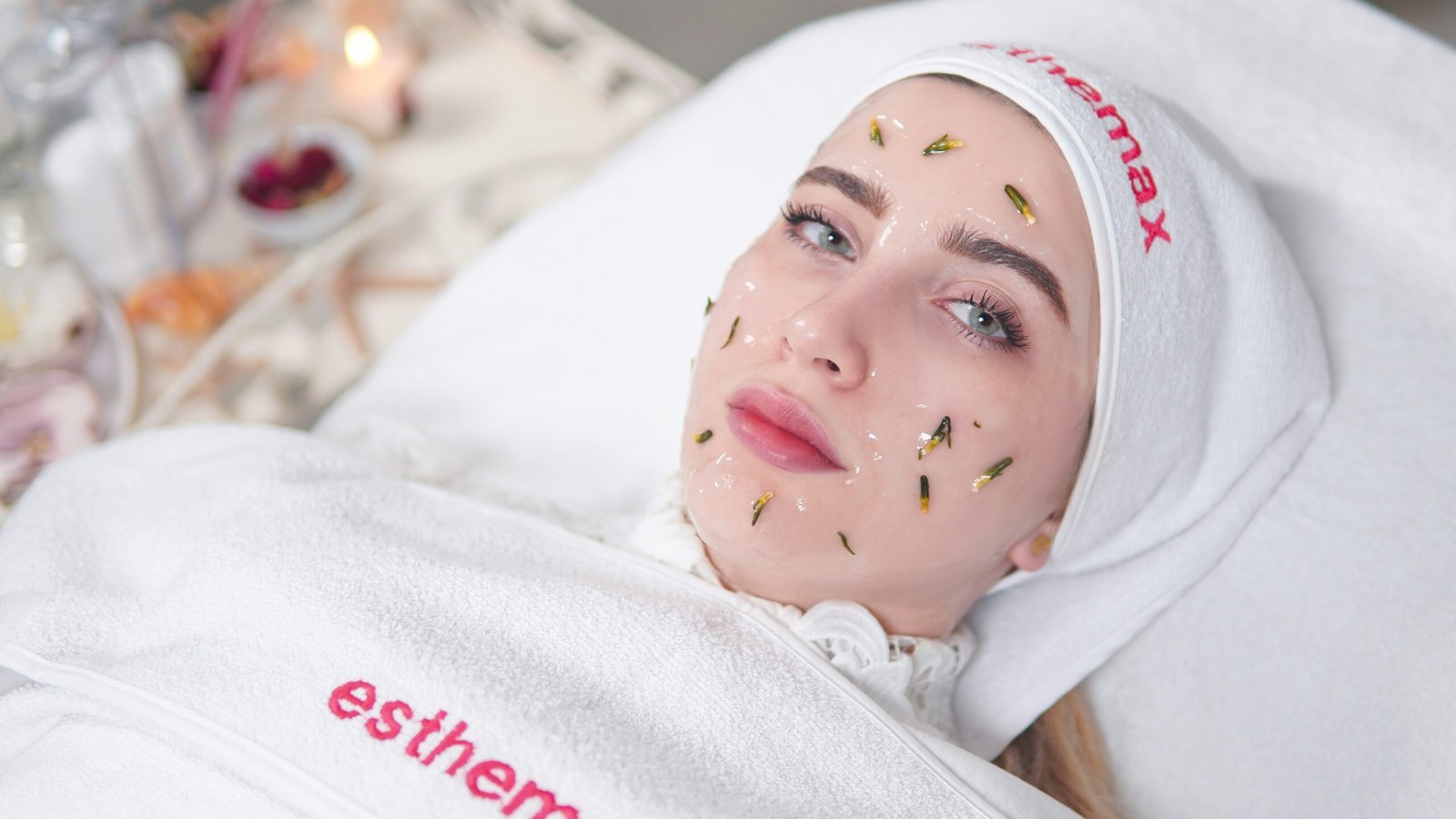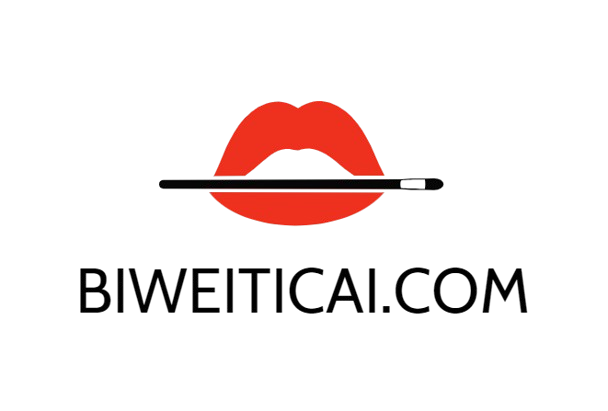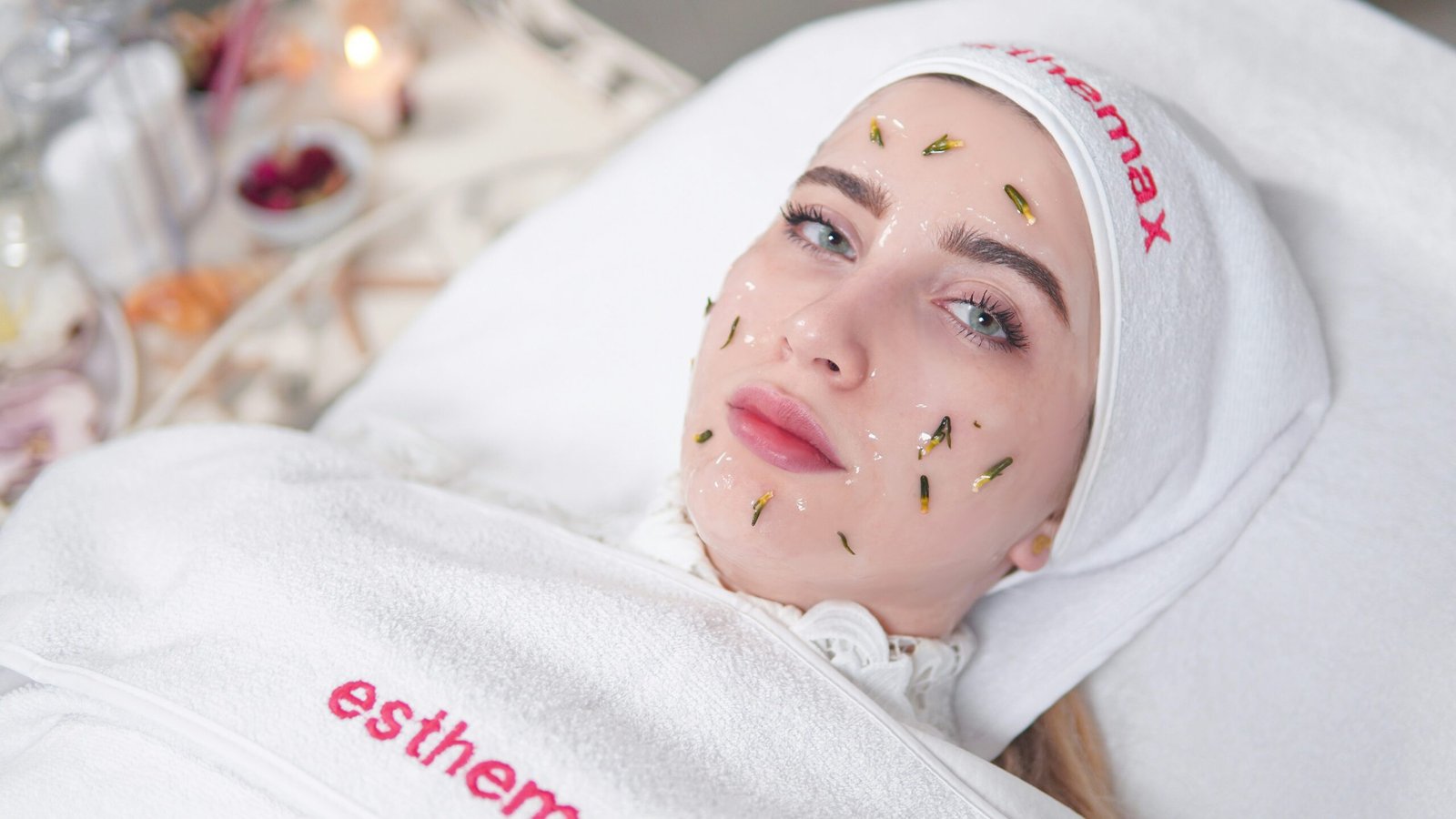
Understanding Acne-Prone Skin
Acne-prone skin is characterized by a tendency to develop pimples, blackheads, and whiteheads more frequently than normal skin types. The common features include excessive oil production, known as seborrhea, which leads to clogged pores and subsequent breakouts. Recognizing the signs is the first step in effectively managing this skin condition.
The underlying causes of acne are varied and can be interconnected. One major factor is hormonal imbalances, which can stimulate the sebaceous glands to produce more oil. This exacerbates the likelihood of pores becoming clogged with dead skin cells and bacteria, leading to inflammation and acne. Hormonal changes during puberty, menstruation, pregnancy, and stress can all contribute to these imbalances.
Genetics also play a substantial role in determining how susceptible you are to acne. If your parents struggled with acne, chances are you might too. Furthermore, environmental triggers such as pollution, humidity, and even certain cosmetic products can aggravate acne-prone skin. It’s crucial to be mindful of these factors when developing a skincare routine.
Another essential element in managing acne-prone skin is identifying your skin type. Whether you have oily, dry, combination, or sensitive skin, each type requires a tailored approach to skincare. For instance, using products formulated for oily skin might help reduce excess oil, while those for sensitive skin can prevent irritation that leads to breakouts.
A customized skincare routine is imperative for effectively addressing acne. This includes cleansing to remove impurities, exfoliating to prevent dead skin cells from clogging the pores, and using treatments containing proven anti-acne ingredients like salicylic acid or benzoyl peroxide. Hydration should not be neglected, as dehydrated skin can also trigger excess oil production. By identifying the nuances of your acne-prone skin and understanding its needs, you can better manage it and achieve clearer, healthier skin.
Essential Skincare Routine for Acne-Prone Skin
Having a meticulously crafted skincare routine is paramount for managing acne-prone skin. The first and foremost step is cleansing. A gentle cleanser aims to remove dirt, oil, and makeup without over-drying or irritating the skin. Look for products containing salicylic acid or benzoyl peroxide, known for their acne-fighting properties. Opt for a fragrance-free, non-comedogenic formula to minimize the risk of further breakouts.
Following cleansing, toning helps restore the skin’s pH balance while removing any residual impurities. Choose an alcohol-free toner enriched with soothing ingredients like witch hazel or rose water. These components are beneficial in reducing inflammation and preparing the skin for better absorption of subsequent products.
Next, moisturizing is a critical step, even for oily and acne-prone skin. A lightweight, non-comedogenic moisturizer hydrates without clogging pores. Ingredients such as hyaluronic acid, glycerin, and ceramides can provide essential hydration and strengthen the skin barrier, which is particularly important for those dealing with acne.
Sun protection is indispensable in any skincare regimen. For acne-prone skin, a broad-spectrum sunscreen with SPF 30 or higher is recommended. Select a mineral or chemical sunscreen that’s oil-free and non-comedogenic, ensuring it won’t contribute to pore blockages. Ingredients like zinc oxide or titanium dioxide are excellent choices as they offer sun protection while being gentle on the skin.
Consistency is crucial in managing acne-prone skin. Adhering to this routine daily can significantly reduce breakouts and improve skin texture over time. Additionally, incorporating exfoliation can enhance the effectiveness of your skincare regimen. Gentle exfoliants containing alpha hydroxy acids (AHAs) or beta hydroxy acids (BHAs) can help remove dead skin cells and prevent clogged pores, facilitating a clearer complexion.
Ingredients to Look For and Avoid
When managing acne-prone skin, the choice of skincare ingredients plays a pivotal role in both treatment and prevention. Key ingredients, beneficial for acne management, often feature prominent roles in effective skincare regimens. Salicylic acid is a prime example, known for its ability to penetrate pores and exfoliate the skin, thus removing dead skin cells and lessening pore blockages. Benzoyl peroxide, another potent ingredient, targets and eliminates acne-causing bacteria, reducing inflammation and ensuring clearer skin. Additionally, niacinamide, a form of Vitamin B3, offers anti-inflammatory properties and helps regulate oil production, making it an ideal choice for balancing acne-prone skin.
Conversely, certain ingredients should be avoided as they can exacerbate acne. Alcohol, frequently found in toners and astringents, can overly dry out the skin, prompting an overproduction of sebum that may lead to more breakouts. Heavy oils, such as coconut oil and cocoa butter, have a high comedogenic rating, meaning they can clog pores and trigger acne flare-ups. Readers are also advised to steer clear of comedogenic substances; these ingredients have been scientifically demonstrated to block pores and promote acne development.
A critical step often overlooked is patch testing new skincare products. This precautionary measure is essential to determine the skin’s reaction before full application. By applying a small amount of the product to a discreet area and monitoring for 24 to 48 hours, individuals can prevent adverse reactions and avoid worsening their acne condition. Subtle changes and immediate breakouts are clear signs that the product may not be suitable for acne-prone skin.
In essence, choosing the right ingredients and avoiding harmful ones can considerably influence the health of acne-prone skin. Through informed selection and careful testing, individuals can achieve a balanced skincare routine that minimizes breakouts and promotes a clear, healthy complexion.
Lifestyle Changes and Home Remedies
The quest for clearer skin often involves evaluating daily habits and lifestyle choices, which can significantly impact acne-prone skin. Implementing specific dietary changes can help mitigate outbreaks. Reducing the intake of dairy products and processed foods is recommended, as these can exacerbate acne. Instead, focus on a balanced diet rich in fruits, vegetables, lean proteins, and whole grains. Such a nutrient-dense diet not only supports general health but also aids in maintaining clearer skin.
Adequate hydration plays a crucial role in skin health. Consuming sufficient water helps flush out toxins, keeping your skin well-hydrated and promoting a healthy glow. Aim for at least 8 glasses of water daily to support your skin’s natural functions and maintain its elasticity.
Stress management is another critical aspect of skincare. High stress levels can trigger hormonal fluctuations, leading to increased oil production and subsequent acne flare-ups. Incorporating stress-relief techniques into your routine, such as meditation, yoga, deep-breathing exercises, or even regular leisure activities, can help stabilize hormones and reduce the occurrence of acne.
Regular physical activity not only improves your overall well-being but also enhances circulation, aiding in the delivery of nutrients to the skin and the removal of waste products. Ensure that your exercise regime includes activities you enjoy, whether it’s jogging, swimming, or attending a fitness class. A post-workout hygiene routine—cleansing your skin to remove sweat and impurities—prevents clogging of pores and minimizes the risk of breakouts.
Complementing professional skincare regimens with safe home remedies can also be beneficial. Natural treatments such as honey masks, known for their antibacterial properties, can soothe and heal inflamed skin. Tea tree oil, a natural antiseptic, is effective as a spot treatment to combat acne-causing bacteria. Using these home remedies with caution, and conducting a patch test before full application, ensures they are suitable for your skin type.
Incorporating these lifestyle changes and home remedies can offer a holistic approach to managing acne-prone skin and achieving a healthier complexion.



